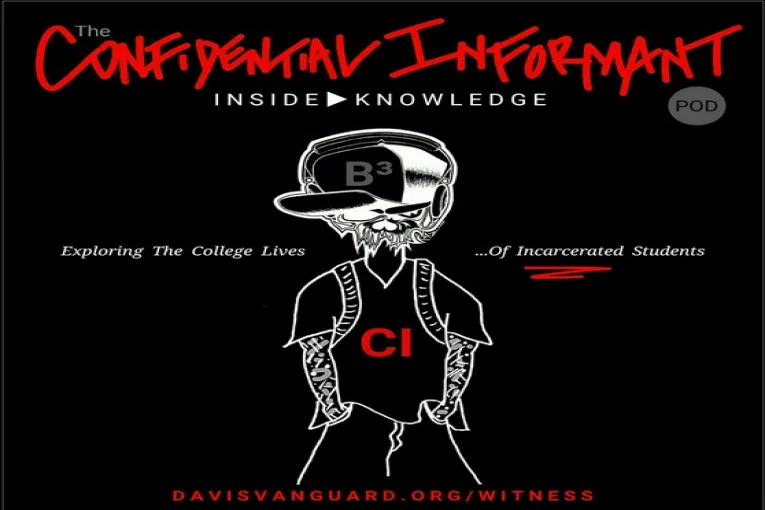
Ten years ago, none of California’s community colleges were offering in-person classroom learning experiences for any of the state’s more than 120,000 incarcerated adults shelved within its sprawling prison leviathan. By 2019, more than 6,000 imprisoned learners at thirty-four of the Golden State’s then thirty-five prisons were attending in-person community college classes each semester. Today, Valley State Prison’s (VSP’s) Merced College 2024 Alpha Gamma Sigma (AGS) Honor Society chapter now ranks as the largest among all of California’s community colleges.
Merced’s Rising Scholars program offers accredited and fully transferable AA degrees in eight different subject areas of coursework that streamline students for CSU/UC transfer into BA programs that are now available at more than twelve California prisons. Owing to the early philanthropic support of the Ford Foundation, a strategic landscape analysis conducted by the Stanford Criminal Justice Center at Stanford Law School and the Warren Institute at UC Berkeley’s School of Law, and the stakeholder action work of the multi-funder initiative Renewing Communities, despite there having been no Pell funding, classes are now free for incarcerated learners. VSP’s residents are making the most of their opportunity to learn and pursue higher education.
At the AGS chapter’s most recent meeting convened by Rising Scholars faculty advisor and English professor Jennifer McBride, Jonathan Chow told a room filled with eight-three AGS Honor Society members what winning the 2024 Kathleen Loly Award for Academic Excellence meant for him. “Today, I felt for the first time since beginning to serve a life sentence that my life mattered because I poured my life story into that essay.” Such is the self-actualizing power of using confessional narrative to harness agency en route to transformation.
Thanks to impressively low recidivism rates for incarcerated college students who parole, naysayers have largely lost the fiscal argument concerning the rehabilitative efficacy of spending tax dollars on carceral higher education. Indeed, California Department of Corrections and Rehabilitation (CDCR) officials and legislators alike have aligned to increase spending to support incarcerated and justice-impacted returning citizens walking onto college campuses while on parole.
The former co-director of Renewing Communities, Rebecca Silbert, is now positioned inside the CDCR as its second-highest-ranking official in charge of higher education. With one of the state’s primary nonprofit-sector architects of the carceral higher education model now working within the public agency apparatus, students and stakeholders have the most qualified administrator at the helm.
What remains are conservative tropes that scoff at the notion that there could be some semblance of “honor” to be found inside a prison at all, and lazy castigations about the sort of “society” that might exist behind the wall. However, when prosecutors, legislators, and police officers visit a prison like VSP, they get a wake-up call. It’s easy to sardonically doubt there could be room for honor to exist among a society of students who, like our chapter, have left in their pre-prison wake of transgressions a bonafide horror show of destruction, pain, and often death. It’s harder to deny that moral and ethical renewal is happening when students get together, excavate trauma, interrogate their histories, apply critical thinking to their circumstances, discover empathy, build solidarity, and engage in acts of public service.
Communal identity is that first step in honoring the rights of others. Accountability is the ethical touchstone of maturation. Merced’s classrooms are not only fostering good grades but also allowing students with a sense of civic duty to be of service to emerge.
